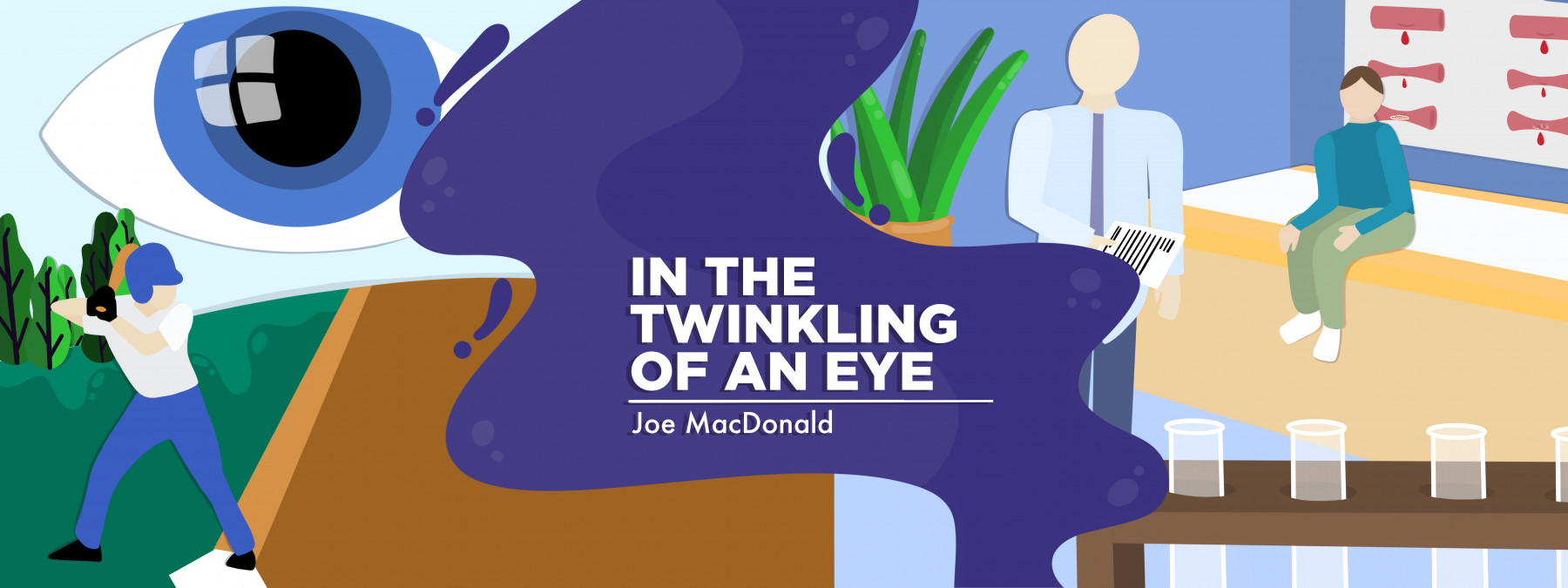Mentors Guided Me After My Sons Were Diagnosed With Hemophilia
Now, this columnist is giving back to the bleeding disorders community
Written by |

As a pastor, one of my favorite things to do is to mentor men and women who respond to a call to ordained ministry. I enjoy theological conversations that spark great debates and critical analysis.
Mentees and I form a collegial bond that lasts many years. First, I help them jump through the hoops required for ordination. Then, at the journey’s end, we celebrate the accomplishments of surviving the system.
In the bleeding disorders community, my family and I feel blessed to be able to help guide newly diagnosed families through the rigamarole of finding valuable resources and learning to provide the best care for their loved ones. While no one uses the word “mentor,” the work proves similar to what I do in my church life.
In both the sacred and secular worlds, I meet people where they are and offer valuable information to help them move forward. In both worlds, I express gratitude to the men and women who gave me the strength to face many struggles.
Giving thanks for my guides
After my sons were diagnosed with hemophilia, I remember the people who led me to the best places to find information. Their leadership proved crucial as we tackled a disorder I knew nothing about.
For example, I learned that hemophilia treatment centers offer numerous resources for the bleeding disorders community. Through the guidance of experienced caregivers, life no longer seemed so overwhelming.
Another crucial role that my bleeding disorders mentors played in my family’s life concerned the importance of hemophilia chapters. These groups of notable organizations serve families affected by bleeding disorders, with the goal of helping them lead better lives.
For my family, involvement in our local chapter proved crucial as we navigated the rough waters of hemophilia. I often turned to those with more experience for guidance when times got tough. Those who mentored me in the early years continue to be my very best friends. When I help newly diagnosed families, I often think of what my friends said to me at the beginning of our journey. I try to give to others what others gave to me.
Becoming a leader and mentor
As I grew more involved with the bleeding disorders community, I started taking on leadership roles. I worked with our chapter to find new ways to raise funds to improve living standards for those with hemophilia. Most of my friends in the community had children or relatives struggling with the same issues as my sons. Together, we formed a band of blood brothers and sisters who fought ferociously for our community.
One of the earliest fundraising events we participated in took on a life of its own. I told the chapter president that I raised a decent amount of money holding a spaghetti dinner for my school choral program once a year. I asked why we couldn’t do the same for our community. The little spaghetti dinner turned into a big, sit-down, formal feast, complete with silent and live auctions. The event became one of our biggest moneymakers.
My joy centered around preparation for the event. We often held committee meetings at my house, with good wine, food, and fantastic conversations. I discovered that the more I invested in my community, the more I became a part of a talented group of people. I sat at my table with my mentors as they allowed me to take leadership roles in a society I loved.
As time passed, I started mentoring newly diagnosed families in the bleeding disorders community. I want to guide those who seek help precisely as my friends led me.
Whether I’m mentoring as a pastor or a hemophilia community member, I always make it a point to sit and listen to the stories of the frightened men and women seeking help. I look into their eyes, and I see myself. I remember being a scared parent, unsure of my next steps. Yet I leave them with a sense of hope, assuring them that they’re not alone on their journey.
Note: Hemophilia News Today is strictly a news and information website about the disease. It does not provide medical advice, diagnosis, or treatment. This content is not intended to be a substitute for professional medical advice, diagnosis, or treatment. Always seek the advice of your physician or another qualified health provider with any questions you may have regarding a medical condition. Never disregard professional medical advice or delay in seeking it because of something you have read on this website. The opinions expressed in this column are not those of Hemophilia News Today or its parent company, Bionews, and are intended to spark discussion about issues pertaining to hemophilia.




Leave a comment
Fill in the required fields to post. Your email address will not be published.